Therapy isn’t just for when things fall apart in life.
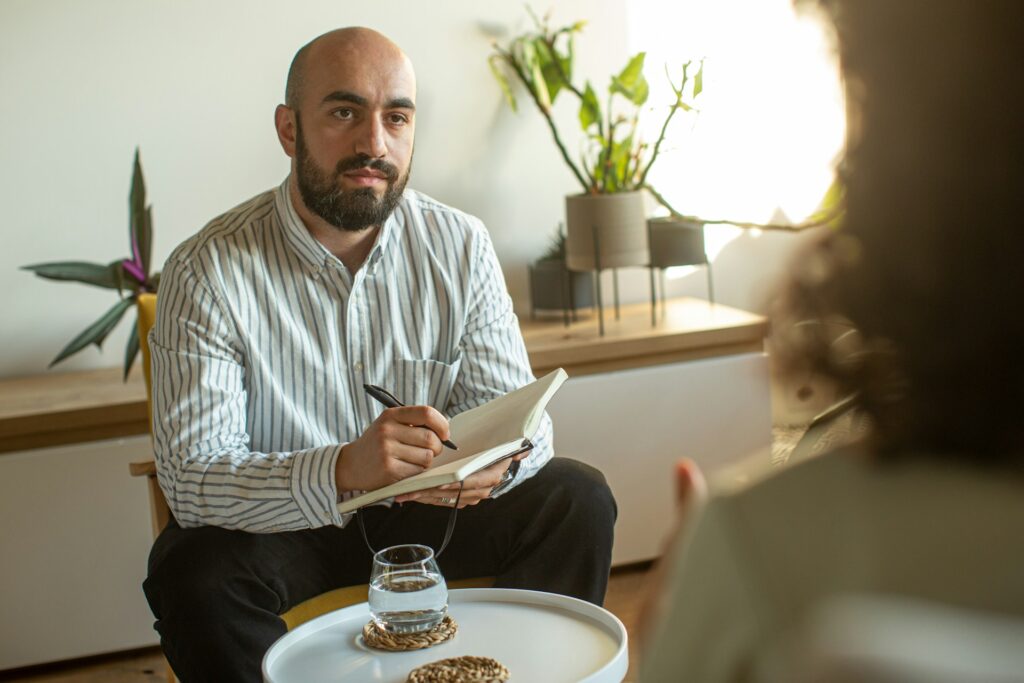
In reality, it’s often where people finally start learning the things they needed years ago, but never quite knew how to access. It’s where you unravel patterns, challenge old beliefs, and actually hear yourself think. And while everyone’s experience is different, there are certain truths that show up again and again. Here are some of the most eye-opening things many people end up learning in therapy that change the way they see themselves, and life as a whole.
1. Your feelings aren’t too much.

If you grew up being told to “calm down” or “get over it,” you might think your emotions are excessive or inconvenient. Therapy helps undo that lie. Your feelings aren’t the problem—how you were taught to ignore or suppress them is. Once you stop judging your emotions and start understanding them, they become signals instead of storms. You’re not too much. You were just never given the space to feel safely.
2. You’re allowed to want more.

Therapy often reveals the parts of you that settled—relationships, careers, habits—because you didn’t believe you could ask for more. But you’re allowed to want things. Comfort. Respect. Joy. Fulfilment. You don’t need to justify your desires or tone them down to be “reasonable.” Wanting a better life isn’t selfish—it’s human.
3. You’re not responsible for other people’s emotions.

If you grew up walking on eggshells or trying to “keep the peace,” you might have learned to prioritise everyone else’s mood over your own wellbeing. Thankfully, therapy teaches you where the line is. You can be kind and supportive without carrying guilt for how someone else feels or reacts. Their emotional regulation isn’t your full-time job.
4. Boundaries are uncomfortable, but essential.

One of the hardest therapy lessons is that boundaries often feel wrong at first. That’s especially true if you were taught to people-please, keep quiet, or make yourself smaller. However, discomfort doesn’t mean it’s wrong. It just means it’s unfamiliar. Setting boundaries isn’t pushing people away—it’s making space for mutual respect.
5. Your inner critic isn’t the voice of truth.
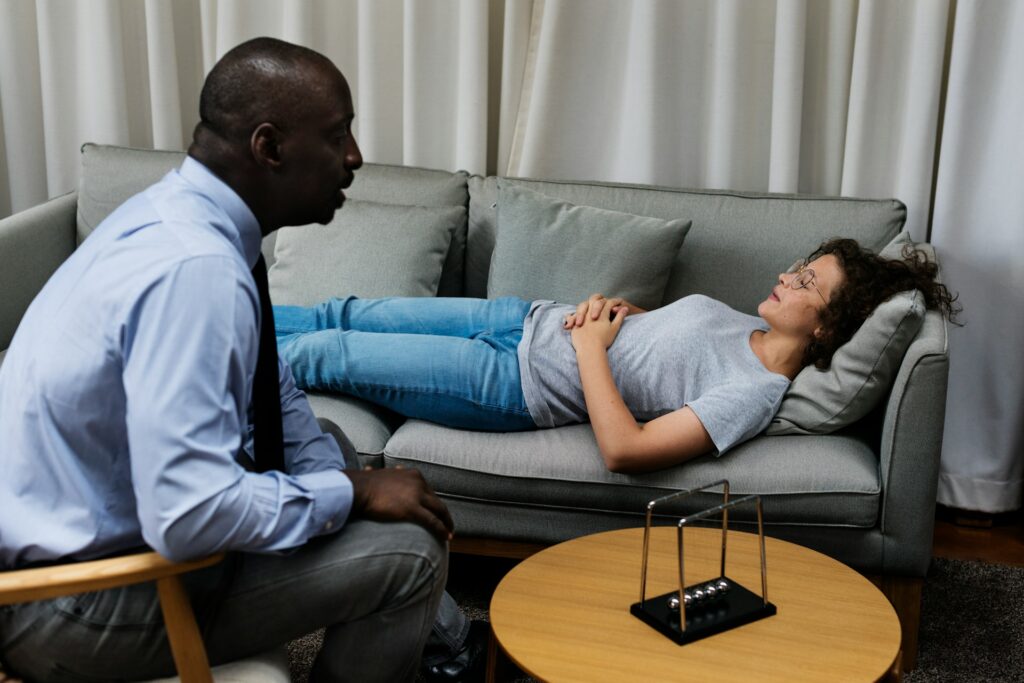
We all have that inner voice that loves to highlight our flaws, second-guess our choices, and bring up our worst moments. However, in therapy, you start to notice that voice for what it really is—a collection of fears, conditioning, and old narratives. Once you recognise the critic, you don’t have to believe everything it says. You can challenge it, soften it, or replace it with something kinder.
6. Coping isn’t the same as healing.

Just because you’ve figured out how to “function” doesn’t mean the wound is healed. You can hold down a job, maintain friendships, and still be running on survival mode inside. Therapy helps you move from just coping to actually healing. It’s the difference between walking with a limp and actually tending to what’s hurting.
7. Your past shaped you, but it doesn’t define you.

Therapy often takes you back to the roots of your behaviour—the beliefs and wounds that quietly guide your present. But the point isn’t to stay stuck in the past. It’s to understand it so you can move differently now. You’re not doomed to repeat the same patterns forever. You get to choose differently, even if you weren’t taught how.
8. It’s okay to grieve things you never had.

We usually think of grief as something tied to loss. But in therapy, you learn that it’s also about what you never received—unconditional love, safety, encouragement, presence. Plus, naming that loss doesn’t make you ungrateful. It makes you human. That grief deserves just as much compassion as any other.
9. Small wins matter more than big breakthroughs.
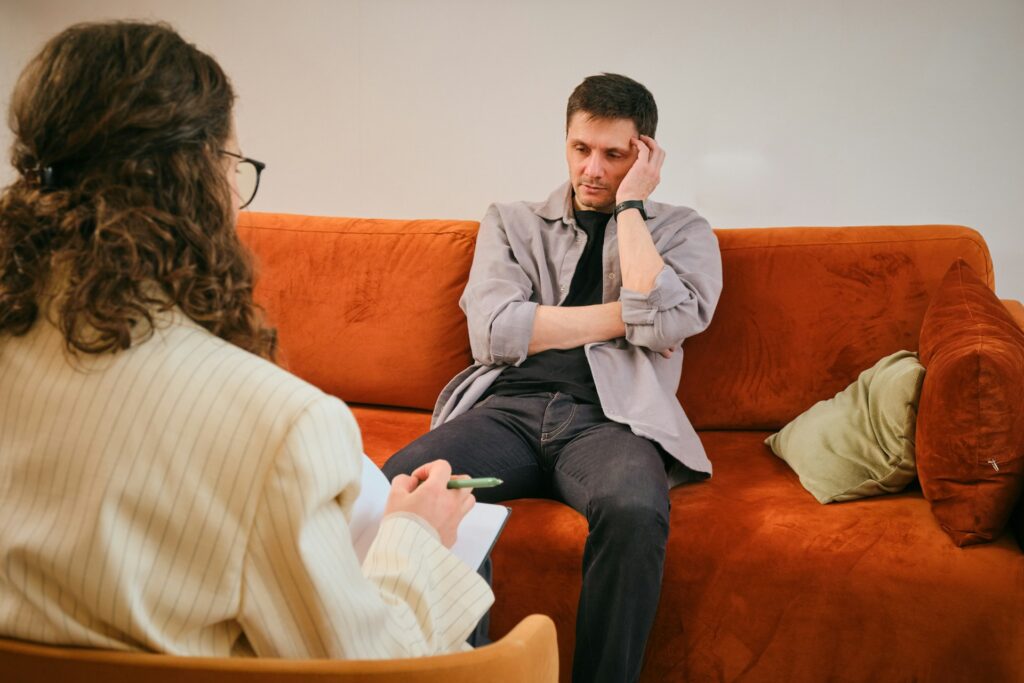
TV makes therapy look like endless epiphanies and emotional breakdowns. But in reality, it’s often small changes—naming a feeling, setting a tiny boundary, recognising a trigger. Those moments build. They change how you show up for yourself over time. Progress isn’t dramatic. It’s consistent.
10. You don’t need a major reason to feel how you feel.
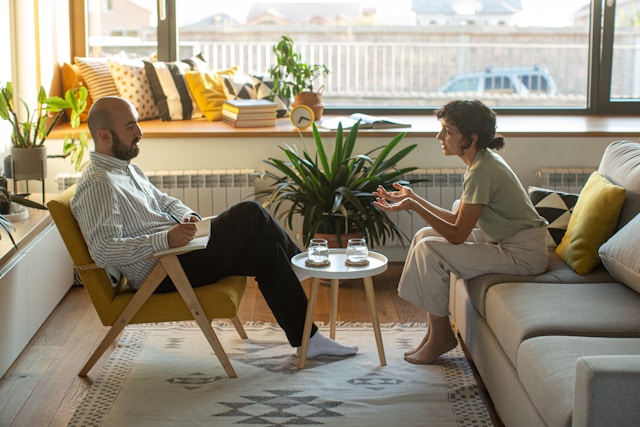
So many people come into therapy thinking (and saying), “Other people have it worse.” However, pain isn’t a competition. Your sadness, frustration, or anxiety is valid even if there’s no big external crisis. Minimising your experience doesn’t make it go away. Acknowledging it without judgement is where the real healing begins.
11. The way you talk to yourself affects everything.

Therapy helps you realise that the internal language you use—the way you narrate your life and your worth—has a massive effect on your mood, decisions, and relationships. Learning to speak to yourself with patience and care isn’t corny or self-indulgent. It’s foundational. You’re the person you live with every day—you might as well make it a kinder place to be.
12. Some relationships will fade, and that’s okay.

As you grow, you might find that some relationships no longer fit. Therapy can bring up feelings of guilt or fear around letting go of old friendships or family roles. The truth is, not all relationships are meant to last forever. Releasing what’s no longer good for you is part of becoming someone who’s good to themselves.
13. You can love someone and still need space

Boundaries don’t mean you care less. In fact, they usually mean you care enough to maintain the relationship without losing yourself in it. Therapy helps you understand that you’re allowed to honour your needs—even with people you deeply love. Space and love can exist side by side.
14. You’re not broken—you just didn’t learn certain tools.
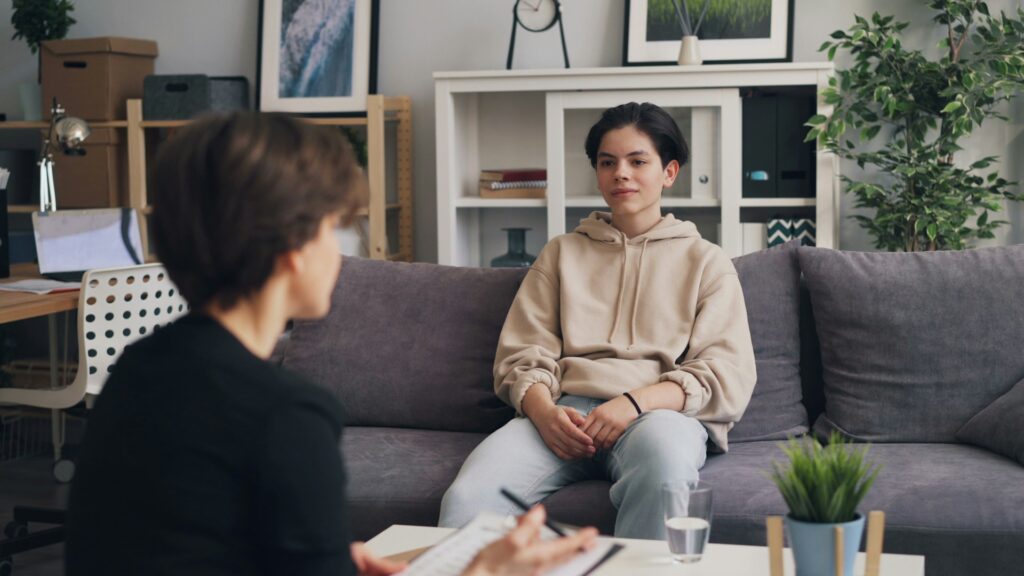
So much of what therapy teaches is simply what many of us were never shown: how to regulate emotions, how to communicate clearly, how to recognise our needs. It’s not about fixing something broken. It’s about giving yourself the things you should’ve always had. And once you start doing that, everything changes, even if nothing around you does.


